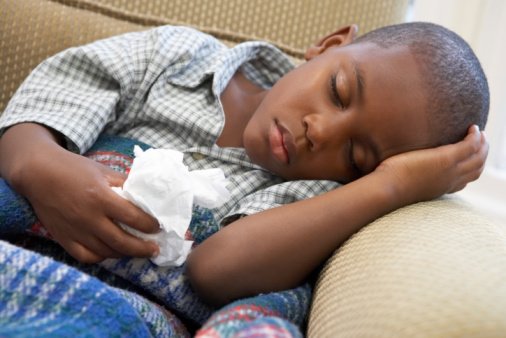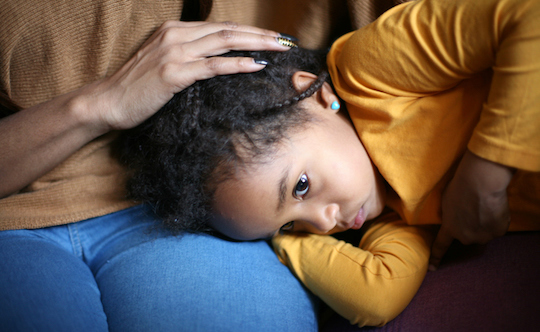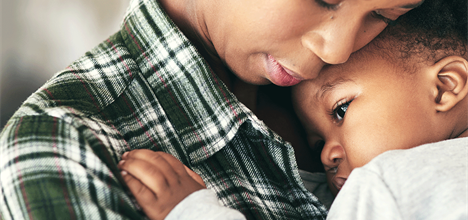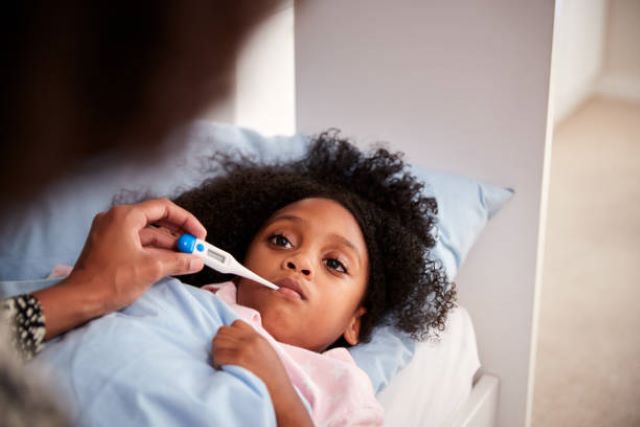The parechovirus is a respiratory virus that spreads through direct and indirect contact to humans. Those who are at greater risk of serious illness, and even death, in very rare instances, are children. As parechovirus (PeV) infections are on the rise in kids, here’s what you need to know.

“Parechovirus does have a seasonality to it, here in North America,” Dr. Daliya Khoun said in a recent interview. “We typically see more parechoviruses — more so in the summer and fall. We do think that there is some two-to-three-year variability in the cycle where we see a spike in cases at that time.”
Dr. Khoun indicated, in her interview, that immunity to PeV may have dropped during the peak of COVID-19 as a result of isolation practices nationwide.

In response to the increased numbers of parechovirus, the U.S. Centers for Disease Control and Prevention issued a healthy advisory for parents and doctors to be on the look-out for symptoms.
According to Parents.com, the advisory is a public warning. It is still unclear how prevalent PeV currently is because the U.S. does not have surveillance testing for it; however, multiple cases have been reported from multiple states. The CDC advisory says it can be transmitted in both symptomatic cases and asymptomatically. The CDC does not know if this particular strain will become seasonal.

So, just what are the symptoms parents should look out for? Well, PeV symptoms include:
- Fever
- Sepsis-like syndrome
- Neurologic illnesses, such as seizures and meningitis, without another known cause
- An upper respiratory tract infection
“Any evidence that the child is not thriving, fever, lethargy, irritability, lack of interest in food or in drinking, seizures, uncontrolled movements … those are very important signs that if the parent notices them to immediately contact their physician,” said Dr. Rick Malley, an infectious disease specialist at Boston Children’s Hospital.
For more information regarding the parechovirus, visit the CDC website here. If you suspect that your child might have the parechovirus, contact your physician immediately.







